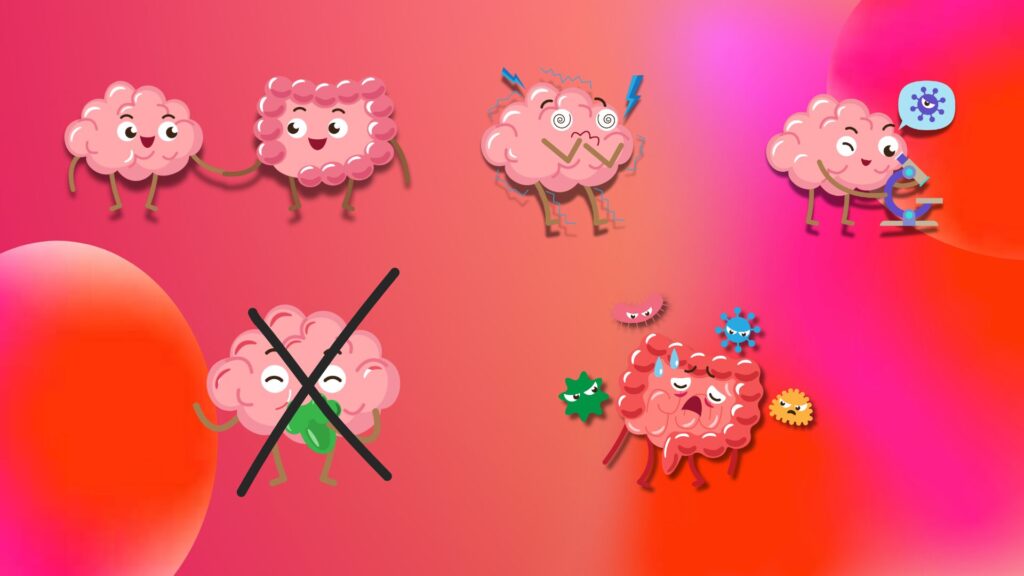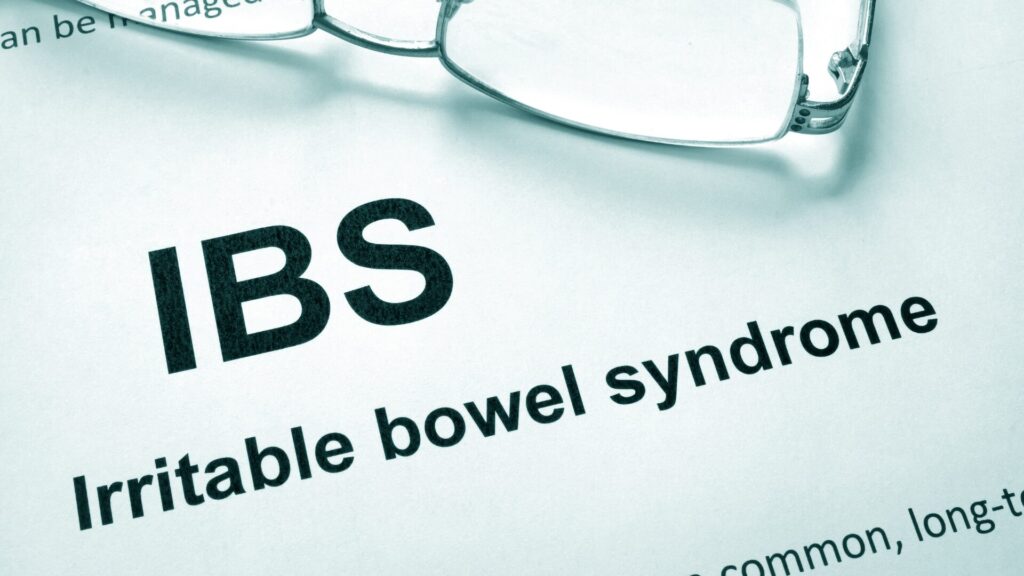IBS (Irritable Bowel Syndrome) is a chronic, functional disorder of the gastrointestinal tract characterized by abdominal pain, bloating, and changes in bowel habits. Although IBS does not cause structural changes in the digestive system, it can significantly impact patients' quality of life.
Etiology of IBS
The etiology of IBS is multifactorial and still not fully understood. It is suggested that it involves complex genetic, neurohormonal, and environmental factors. Communication within the gut-brain axis plays a key role, and disruptions in this axis can lead to gut hyperresponsiveness. Furthermore, IBS often coexists with other functional disorders, such as fibromyalgia and chronic fatigue syndrome.
Causes of IBS
- Gut-brain axis disorders: Vagus nerve dysfunction and autonomic nervous system regulation disorders affect intestinal motility and sensitivity.
- Stress and psychological factors: Psychological stress and trauma can exacerbate symptoms by affecting the nervous system.
- Abnormal bacterial flora: Gut dysbiosis can lead to excess gas production and bloating.
- Dietary factors: Certain foods, especially those high in fermentable oligosaccharides, disaccharides, monosaccharides, and polyols (FODMAPs), may trigger symptoms.
- Previous intestinal infections: IBS often develops after gastrointestinal infections (so-called post-infectious IBS).

Effects of IBS
IBS primarily impacts patients' daily functioning and quality of life. The most common effects include:
- Chronic abdominal pain and discomfort that limits professional and social activities.
- Emotional problems such as depression and anxiety.
- Social exclusion resulting from the need to use the toilet frequently.
- Sleep disturbances and fatigue associated with pain and bloating.
IBS treatment
Treatment for IBS is individualized and multifaceted, encompassing pharmacological therapy, lifestyle changes, dietary interventions, and psychological support.
- Antispasmodics (e.g. drotaverine) for abdominal pain.
- Antidiarrheals (e.g., loperamide) or laxatives (e.g., macrogols) depending on the type of IBS.
- Probiotics supporting the reconstruction of intestinal flora.
- Low-FODMAP diet, eliminating fermentable sugars.
- Gradually introduce and eliminate foods to identify symptom triggers.
- Cognitive behavioral therapy helps you cope with stress.
- Mindfulness training and relaxation techniques.
Physiotherapy can be a valuable support in relieving the symptoms of IBS.
Physiotherapy for IBS
Physiotherapy for IBS focuses on improving the function of the musculoskeletal system, reducing muscle tension, and supporting the nervous system.
1. Reduction of muscle tension
Many people with IBS experience tension in the abdominal, pelvic, and back muscles. Manual techniques such as fascial massage, trigger point therapy, and visceral therapy can help relieve tension and improve mobility.
Pelvic floor muscle dysfunction can exacerbate IBS symptoms. Physiotherapists use biofeedback, relaxation techniques, and individually tailored exercises to improve the function of these muscles.
Diaphragmatic breathing reduces abdominal tension and supports the nervous system. Regular practice of these breathing techniques helps reduce pain and stress.
Regular exercise improves intestinal peristalsis. Physiotherapists may recommend exercises like yoga, Pilates, or functional training to support digestive and nervous system health.
Special maneuvers and relaxation techniques that stimulate the vagus nerve can improve the regulation of intestinal functions.
An example of scientific research
A 2020 study published in the Journal of Neurogastroenterology and Motility found that combining a low-FODMAP diet with breathing techniques and manual therapy effectively reduced abdominal pain and bloating in patients with IBS. Specifically, vagus nerve stimulation and relaxation exercises were effective in improving gut-brain axis function.
Irritable bowel syndrome is a complex disorder that requires an interdisciplinary approach. Physiotherapy, which includes manual techniques, relaxation exercises, and physical activity, provides important support in alleviating symptoms. Combined with diet, pharmacotherapy, and psychotherapy, it can significantly improve the quality of life of IBS patients.

Tomasz Stodolski
My career began with working with the National Judo Team, where rapid effectiveness was essential. Thanks to my Pinotherapy training, I was able to quickly and efficiently achieve the desired therapeutic results with athletes. I run my own physiotherapy practice in Poznań, where I primarily treat patients with various pain conditions. Read more...





